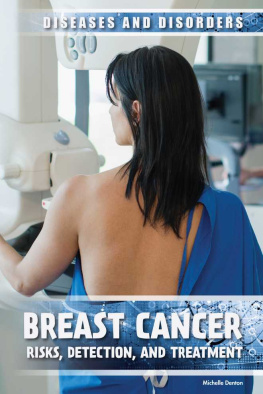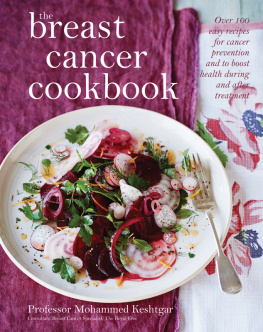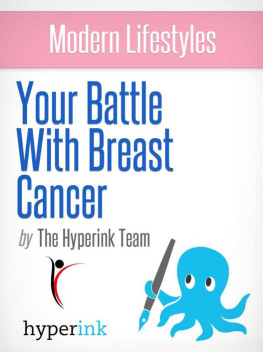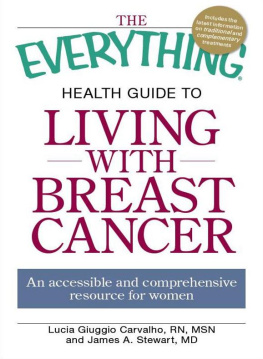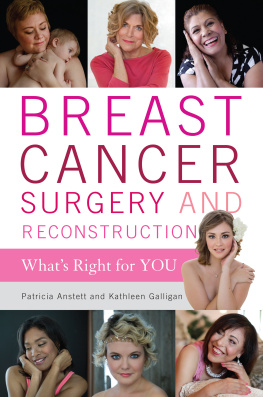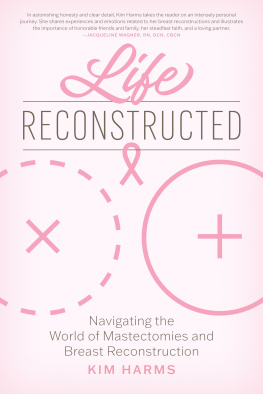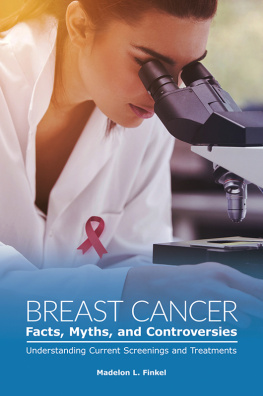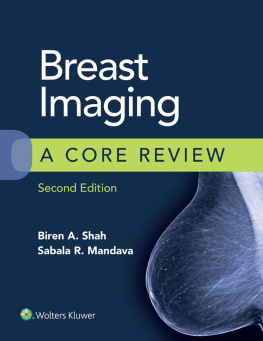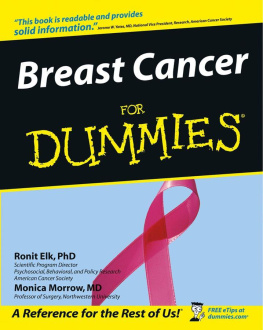No Less A Woman

How does breast cancer affect womens body image, social and intimate relationships, sexuality and femininity? According to the ten women of diverse age, marital status, race, and sexual orientation interviewed here, the effects can be surprisingly positive, particularly in enhancing self-esteem and finding meaning in life. These first-person stories are vivid, moving, inspirational, and informative. The author also analyzes their experiences in a series of chapters on the issues of body image, interpersonal relations, achievement, identity, courage, and change . Recommended.
Library Journal
In down-to-earth yet sensitive terms, Kahane presents her own experience and that of 10 other breast cancer survivors of diverse ages and backgrounds. Short, candid autobiographies preface accounts of the trauma of diagnosis, treatment and the varied ways breast cancer altered these womens lives, relationships, and perceptions of themselves . Most stricken women, [Kahane] observes, come to realize that femininity does not reside only in their breasts and that self-esteem is the key to achieving a productive professional and emotional life.
Publishers Weekly
What could have been a mawkish report is saved by the voices of the women here, unsparing of fears and unpleasant details and able to convey the guts and wit that turned them into survivors.
Kirkus Reviews
About the Author
Deborah Hobler Kahane, M.S.W., is a breast cancer survivor who was diagnosed in 1980 when she was 31 years old. Active in the field of cancer care for over eighteen years, she trained as a social worker, worked for many cancer organizations, and presently is a writer and health educator. As both a staff member and volunteer, she created numerous programs on breast cancer for the American Cancer Society and was presented with ACSs Award for Outstanding Service for her work.
A seasoned public speaker who has appeared on numerous television and radio programs, nationally and internationally, she often lectures on the impact of breast cancer on womens self-esteem to medical, business, and womens groups. She lives with her husband and two cats in Santa Barbara, California.
No Less A Woman
Femininity, Sexuality
& Breast Cancer

Deborah Hobler Kahane, M.S.W.

Copyright 1990, 1995 by Deborah Hobler Kahane
First published in 1990 by Simon & Schuster, Inc.
Revised edition published in 1995 by Hunter House Inc., Publishers
All rights reserved. No part of this publication may be reproduced or transmitted in any form or by any means, electronic or mechanical, including photocopying and recording, nor may it be introduced into any information storage and retrieval system without the written permission of the copyright owner and the publisher of this book. Brief quotations may be used in reviews prepared for inclusion in a magazine, newspaper, or used in reviews prepared or inclusion in a magazine, newspaper, or broadcast.
For further information contact:
Hunter House Inc., Publishers
P.O. Box 2914
Alameda CA 94501-0914
Library of Congress Cataloging-in-Publication Data
Kahane, Deborah Hobler.
No less a woman : femininity, sexuality & breast cancer / Deborah Hobler Kahane. 2nd rev. ed.
p. cm.
Previously published in 1990 with subtitle: ten women shatter the myths about breast cancer.
Includes bibliographical references.
ISBN 0-89793-187-4 (paper). ISBN 0-89793-188-2 (cloth)
1. BreastCancerPsychological aspects. 2. BreastCancerCase studies. 3. Self-esteem in women. 4. BreastCancerBibliography. 5. BreastCancerDirectories. I. Title.
RC280.B8K34 1995
362.19699449dc20 95-37552
CIP
Typeset in Garamond and Bernhard Tango by 847 Communications, Alameda CA
9 8 7 6 5 4 3 2 Second revised edition
This book is dedicated to
Barbara Rosenblum
(19441988)
who through her courage, grace, and determination taught so many of us about hope and living on the edge.
Contents

Acknowledgments

If it werent for Dr. Hewlett Lee and Dr. Gordon Ray of the Palo Alto Medical Clinic in northern California, I might never have written this book. Because of their outstanding and caring medical treatment, I was able to join the growing ranks of cancer survivors. I admire them tremendously because they believed there were new and effective ways of treating breast cancer, and were willing to offer these new treatment options to their patients. I am deeply grateful to them both for their care.
Jean Baptiste Massieu once wrote, Gratitude is the memory of the heart. My heart is filled with the memories of the ten wonderful women who trusted me enough to openly and lovingly share their personal experiences for this book. I can only say that I am enormously grateful to each one of them, many of whom have become my friends. Their stories were a constant inspiration; every time I reread them, I cried and was reminded why it was so important to keep writing. They were my teachers too. It is through them that I faced my worst fears about having breast cancer again, and realized I had ten role models to emulate if a recurrence does occur. Each one of them will hold a special place in my heart forever. I thank them, too, on behalf of all the women who will benefit from their stories.
This book was conceived more than nine years ago and many people have helped me through the different stages of conceptualizing, writing, and editing. Originally, I was very fortunate to have Barbara Lazarus, Ph.D., as a coauthor. For the first year we worked together, developing questionnaires and trying to create the best format for the book. Unfortunately our bicoastal lives made it difficult to continue working together. I am most grateful to Barbara for her investment in and commitment to the book in its early stages.
Through the writing stage, I am forever indebted to a number of close friendsmy personal support groupNancy Saks, Ann Wang, Vicky Wells, and Pat Wyatt, who not only patiently listened to me for hours on end but also gave me wise counsel, kind feedback, editorial criticism, and the emotional support that kept me going for more than four years. I couldnt have more wonderfully loving friends. My sincere thanks go to numerous other friends and family members who reviewed parts of all of the book at different stagesRandy Hobler, Susan Walker Kowen, Anne Bucknam, Sally Shaw, Rosemary Miller James (who died of cancer in May 1989), and Nancy Bruning. I also want to acknowledge Treya Killem Wilber, who died of breast cancer in January 1989, for her review of and perceptive comments about the manuscript.
I would also like to recognize my cancer support group at the Stanford University Medical Center, led by Isabel Walker, M.S.W., and American Cancer Society staff members Mardi Robers, M.S.W., May Sung, M.P.H., Terry Schroeder, and Becky Moore Flouti (from the California Division, Area III Office, and the Northeast Los Angeles County Unit) for their enthusiastic support of my efforts.
The astute editorial skills of Cecilia Fox, who worked with me for many months during the final stages of writing, are much appreciated. In the most gentle of ways, she helped me improve and polish the manuscript, as well as sharpen my focus.


